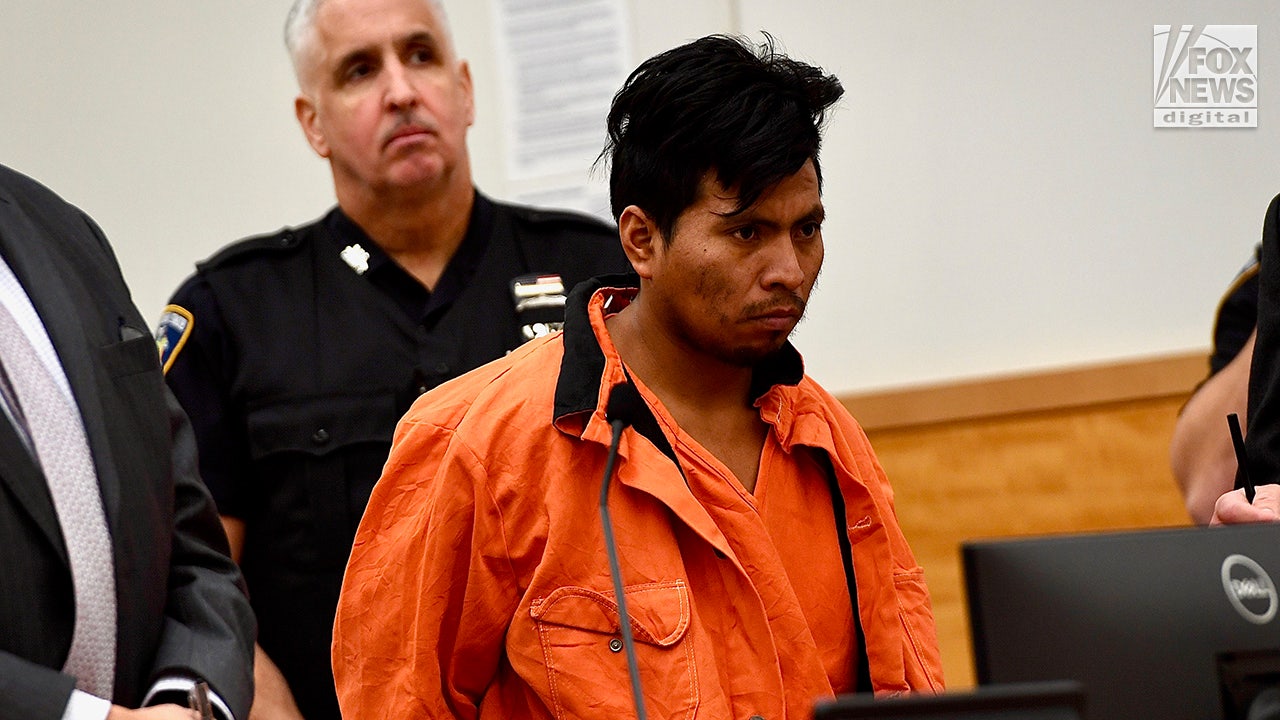Luigi Mangione’s chronic back pain likely ‘escalated’ homicidal thoughts, neurosurgeon says
Pinched nerves, herniated discs, spinal fusions — if you’ve experienced any of these, the pain can quite literally impact your every move.
Dr. Betsy Grunch, also known as @ladyspinedoc on social platforms, is connecting the dots on how the suspected UnitedHealthcare CEO gunman, Luigi Mangione, and his alleged back injury likely pushed him to the edge.
“Pain in general affects our mental well-being, how we go on in our day-to-day life and function. If you’re reminded of an injury in your body, and you live in pain, it can be something that really rattles you,” the board-certified neurosurgeon told Fox News Digital.
“In this alleged circumstance, you have a 26-year-old, fit guy that has an injury and needs care,” she continued, “and he may reflect his pain on someone else or blame it on someone else. And [that] can escalate to a point of suicidal or even homicidal thoughts.”
Reports have surfaced that Mangione, the former Ivy League computer scientist charged in the ambush shooting death of UnitedHealthcare CEO Brian Thompson, struggled with back pain and the fallout from spinal surgery.
Mangione told former roommates that he suffered from chronic back pain and a pinched nerve, according to CivilBeat, a Honolulu-based publication.
He had allegedly written online about his injury and reviewed back pain-related books on his Goodreads account, Fox News reported. Investigators were also looking into whether the health insurance industry had denied a claim from him or withheld some kind of care.
“Your spine is something that is your entire core of your body. You use it any time you stand, move, bend, twist anything. And so to have pain in [the] dead center of your body with every movement, and if you have nerve type impingement pain, it can be 10 out of 10. And for those of us that think we know 10 out of 10 pain, unless you’ve had an injury to your spine, you know what that’s like,” Grunch, who has nearly 4 million followers combined on social media accounts, explained.
“Then if you amplify that on someone that has such a life-changing event, and to think that there’s no end in sight, it can be quite detrimental and life-changing.”
This is an excerpt from an article by Kristen Altus.
Read the full article here












